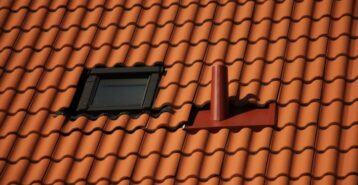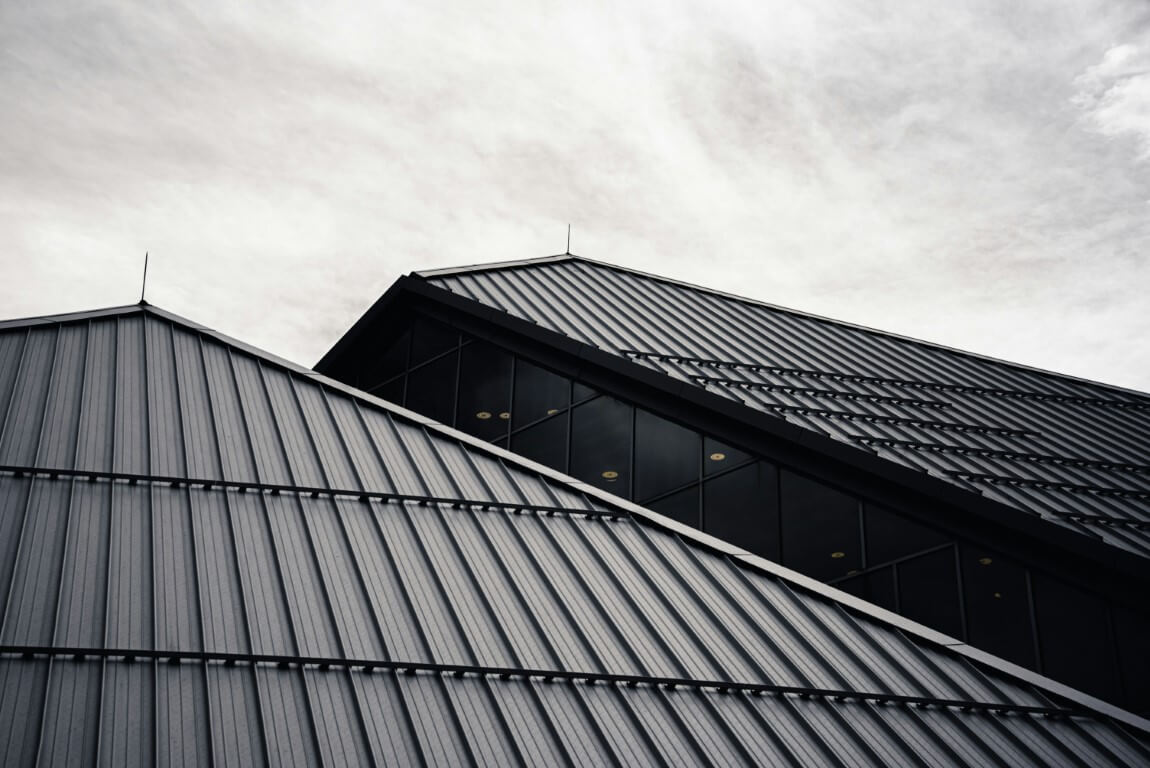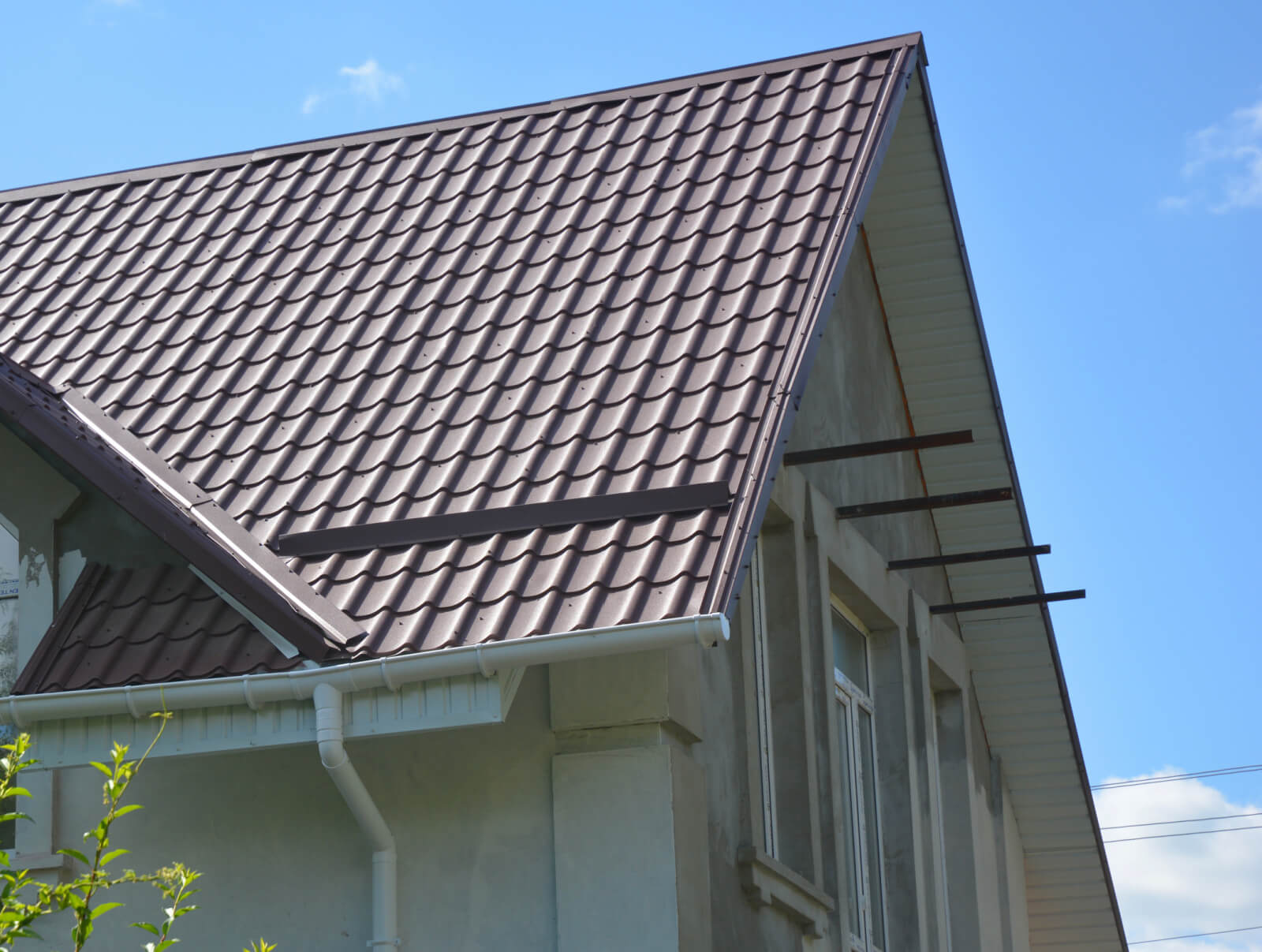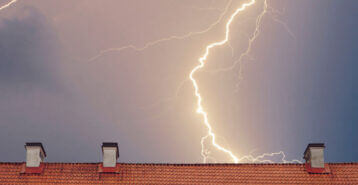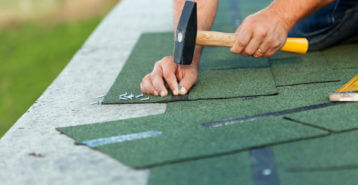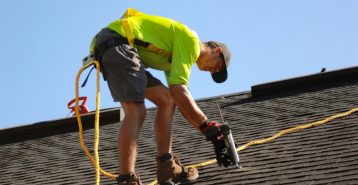Average Cost of Cedar Roofing
On average, in 2026, cedar shingles cost between $6 to $10 per square foot installed, while cedar shakes run a bit higher at $8 to $16 per square foot. For a 2,000-square-foot roof, that means you’ll likely pay around $12,000 to $20,000 for cedar shingles or $16,000 to $32,000 for cedar shakes.
If you’re opting for premium materials, high-end cedar shakes can cost up to $22 per square foot, bringing the total closer to $44,000.
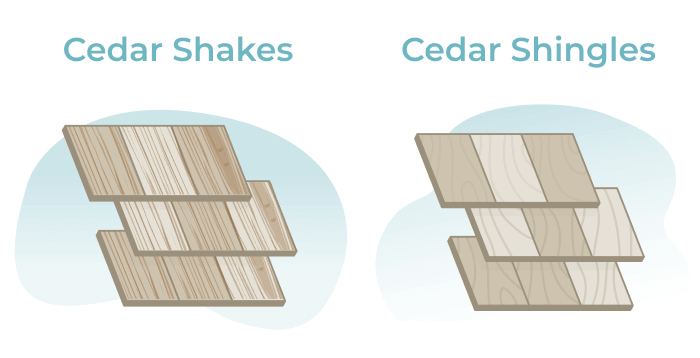
Keep in mind that these estimates can increase based on several factors, including your roof’s total size, the slope or pitch, and how complex the layout is. If your old roof needs to be removed first, that adds demolition and disposal fees. Local labor rates also play a big role and can vary depending on where you live.
Cedar Roofing Cost by Roof Size
The bigger your roof, the more you’ll pay. Here’s a breakdown by roof size to help give you a better idea:
| Roof Size (Square Feet) | Cedar Shingles Installation Cost | Cedar Shakes Installation Cost |
|---|---|---|
| 1,500 | $9,000 to $15,000 | $12,000 to $24,000 |
| 2,000 | $12,000 to $20,000 | $16,000 to $32,000 |
| 2,500 | $15,000 to $25,000 | $20,000 to $40,000 |
| 3,000 | $18,000 to $30,000 | $24,000 to $48,000 |
These estimates include both materials and professional installation. For a better estimate based on your location and home size, check out Modernize’s Roof Installation Cost Calculator:
Cedar Roofing Cost by Style
There are two main styles of cedar roofing: shingles and shakes. Here’s how they compare:
| Style | Installation Cost (per sq ft) | Average Cost for a 2,500 Sq. Ft. Roof |
|---|---|---|
| Cedar Shingles | $6 to $10 | $15,000 to $25,000 |
| Cedar Shakes | $8 to $16 (up to $22) | $20,000 to $40,000 |
Cedar Shingles 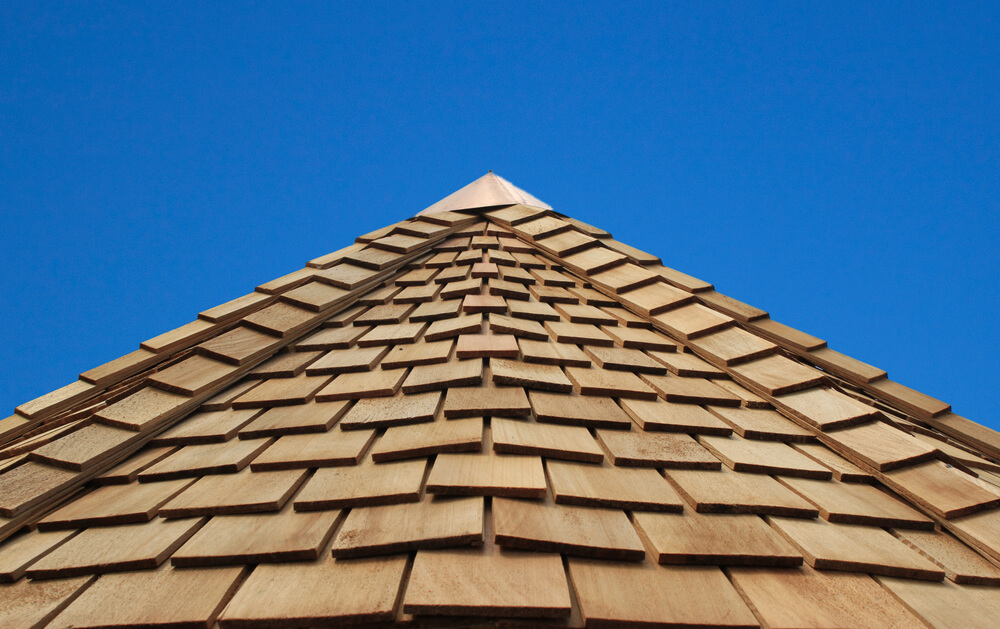
These are machine-cut for a clean, classic look. They lay flat and give off a neat, finished appearance. Shingles, being thinner and smoother, may not last quite as long as shakes, but they still offer solid performance when properly maintained.
On average, cedar shingles cost $6 to $10 to install, or $15,000 to $25,000 for a standard 2,500-square-foot roof.
Cedar Shakes 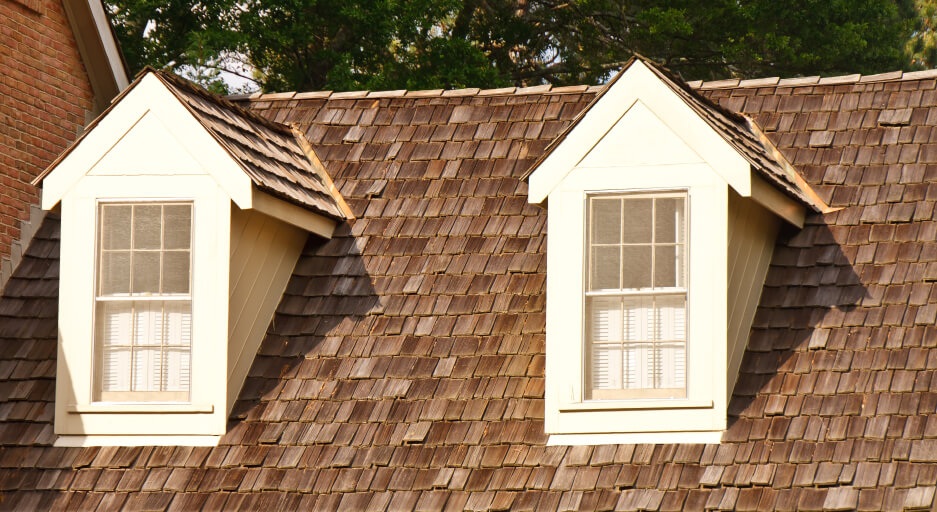
Shakes are split by hand, which gives them a rougher, more rugged style. They’re great for homes with a traditional or natural aesthetic.
Shakes are generally thicker than shingles, which can offer better insulation and durability, especially in extreme weather. Their added thickness helps them hold up a bit better over time but also adds to the cost.
On average, cedar shakes cost $8 to $16 to install, or $20,000 to $40,000 for a standard 2,500-square-foot roof. High-end cedar shakes can easily cost up to $22 per square foot to install, which would drive the total cost up to $55,000 for a 2,500-square-foot roof.
Additional Cost Factors
Several things can bump up the price of your cedar roof, such as:
- Roof Complexity and Design: Roofs with multiple valleys, steep pitches, or intricate designs require more labor, safety precautions, and materials, increasing the total cost.
- Where You Live: Regional labor rates and material availability can cause price variations. Cities or regions with higher living costs may see higher installation prices.
- Cedar Quality: Cedar comes in different grades. Higher grades last longer and look better, but they also cost more.
- Tear-Off and Prep Work: If you’re replacing an old roof, removing it adds labor and disposal fees. You might also need new underlayment, drip edges, or gutters.
How Long Do Cedar Shingle Roofs Last?
With proper care, a wood shingle or wood shake roof can last 20 to 25 years. The roof’s lifespan depends on your local climate, the type of cedar, and the thickness of the shingles.
Thicker shingles, especially those cut from the center of the tree, tend to last longer but are also more expensive. One advantage of cedar is its low weight compared to clay or slate roofing. Cedar roofs don’t usually need extra structural support.
Are Cedar Roofs Safe?
There’s no cut-and-dry answer to whether cedar roofs are safe. They have declined in popularity over the years due to the increased risk of fires. However, newer options are now available with fire retardant coatings to help lower the risk. Nevertheless, cedar roofing is often restricted or banned in areas with high fire risks, like California, Colorado, and Texas.
How to Save Money on Cedar Roofing Costs
Here are a few tips to help keep costs down:
- Get multiple quotes so you know you’re getting a fair price. Modernize can connect you with up to four local contractors so you can get quotes and compare prices.
- Schedule in the off-season (like winter or early spring) when roofers may offer discounts.
- Overlay if you can: Installing over your existing roof (when allowed) can help you save on tear-off costs.
Cedar Roof Replacement vs. Repair
Sometimes a repair makes more sense, while other times it’s better to replace the whole thing. Here’s how to tell:
When to Repair
You may be able to go for a repair if:
- There are just one or two small leaks.
- Only a few shingles or shakes are damaged.
- You’re trying to buy time before a full replacement.
Cost varies, but a basic repair might range from $300 to $1,200 depending on what needs fixing.
When to Replace
It’s time to replace your cedar roof if:
- The roof is over 20 to 25 years old.
- You have widespread damage or lots of leaks.
- You notice sagging, rot, or soft spots.
- Repairs are becoming frequent and expensive.
Full replacement costs depend on roof size and type, but expect to pay $18,000 to $66,000.
DIY vs. Professional Installation
Installing a cedar roof isn’t a DIY job. It’s labor-intensive and requires roofing expertise. A bad installation can lead to leaks, warping, and expensive fixes. Additionally, DIY installation or repair can void the manufacturer’s warranty.
That said, there are a few DIY maintenance tasks you may be able to tackle yourself. To protect against drying, warping, cracking, mold, and insects, treat your roof with cedar preservatives and fungicides.
Fire retardants wear off over time, so plan to reapply them every few years. You’ll also need to trim nearby branches and regularly clean the roof to prevent moisture buildup and damage. A clean, well-maintained cedar roof will last longer and look better.
Hiring a Cedar Roofing Contractor
Modernize can connect you with up to four licensed contractors near you. You’ll get free quotes and advice from pros who know what they’re doing.


